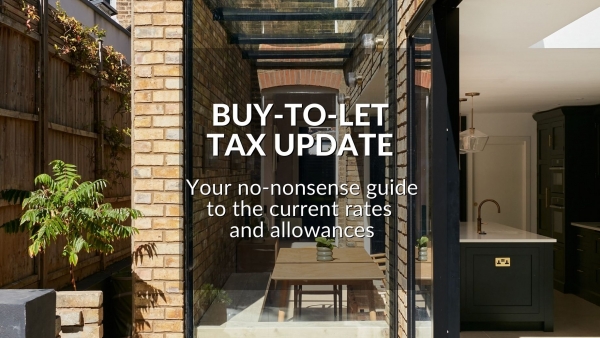First let me start with saying Congratulations on taking the leap to become a landlord if you have already done so but, if not I hope what I am about to cover helps put your mind at ease about taking that next step.
There is becoming an increase in first time Landlords like yourself to keep up with this ever-changing market.
I am completely aware that this may seem like an incredibly overwhelming process due to the way legislation surrounding rentals is constantly changing. This is why I have put together this list of The Road to becoming a New Landlord.
In this list you will find many of the key items needed to make your journey successful.
Choosing the right agent
For me the first step would be to choose the correct agent if you are using one which I strongly suggest you do. You will need a good agent to guide you through the process. Having an agent who will pick up the phone to you when you ring and can answers all your questions with confidence is key! Your agent will need to be up to date on the new laws and legislations that are regularly evolving. Your agent will know and help you not only let your property but also be able to hold your hand and help set you up as a new Landlord making sure you are fully and correctly prepared for your tenants to move in.
Do you need a Landlord Licence?
Another key step which your new agent should be able to guide you on is whether you will need a licence or not. Licencing can be a tricky one to work out as there are a number of factors which can affect whether you need one or not. A good agent will know the answer and will be able to inform you of all the protocol changes.
Safety Certificates
Before you let your property out you will need smoke alarms on all floors. These will need to be tested and in full working order before the tenancy commences.
It is not so common to have CO2 alarms in properties anymore as not many homes have full working fires or an area where solid fuels are burnt however you WILL need one if your property falls into this category.
A copy of the property’s EPC (Electrical Performance Certificate) for renting MUST be provided to the tenants when they move in along with an in-date Gas Safety and EICR (electrical installation condition report).
Don’t’ panic if you do not have these at hand as your agent will be able to organise these for you.
Energy Performance certificate
Your EPC must be at least above EPC band E before you can let it out and failure to do so could result in you being fined.
Consider the tenants you want
When making the big decision it is always good to consider the type of tenants you would like in the property.
Do you want to have students in there? A Family? Professionals? A couple? Pets? An Individual?
This all comes into play when making the decision between furnishing the property or not. A lot of tenants will already have accumulated their own belongings but there are certain tenants such as students who would benefit from a furnished property.
You also need to take into consideration that if you are furnishing a property it complies with the fire and furnishings act and consider any other possible legal implications surrounding letting the property. These will differ depending on location of the property.
Referencing
Most letting agents will use a referencing company to do all the relevant checks on the prospective tenant. If you are anything like me these checks will be very thorough. You will need to discuss this with your agent as there will be certain thresholds you will want met to ensure they will be able to make their rent payments every month on time.
You will need to check
- Identity
- Credit Eligibility
- Employer
- Landlord Reference
- Guarantor (if needed)
Tenancy Deposit Scheme
You must protect any deposit you have taken from your tenant. It MUST be protected in one of the Government-authorised Tenancy Deposit Protection Schemes. There is more than one scheme available.
- Tenancy Deposit Scheme (TDS)
- My Deposits
- Deposit Protection Service (DPS)
You have got 30 days to protect the deposit and send over the Deposit Protection Certificate. Failure to do so may result in a hefty fine and you being unable to evict your tenant.
Quarterly Inspections
If you are a new landlord it is especially important to carry out regular inspections for peace of mind for you. It is good to know the property is well looked after and also keeps any maintenance costs down when you can see what needs to be done if anything.
REMEMBER – you need to give adequate notice to the tenants, you cannot just show up. You must give 24 – 48 hours’ notice and this should be included as part of the tenancy.
Insurance
We recommend making sure your property is insured correctly once you decide to rent it out as most normal home and contents insurance doesn’t actually cover a rental property.
Make sure that your policy covers:
- Loss of rent
- Liabilities
- Damage
- Legal expense
Lastly, I hope this has helped answer some if not all of the questions you may have and Good Luck in your Journey to being a Successful Landlord!


 By
By 
 By
By 


Share this with
Email
Facebook
Messenger
Twitter
Pinterest
LinkedIn
Copy this link